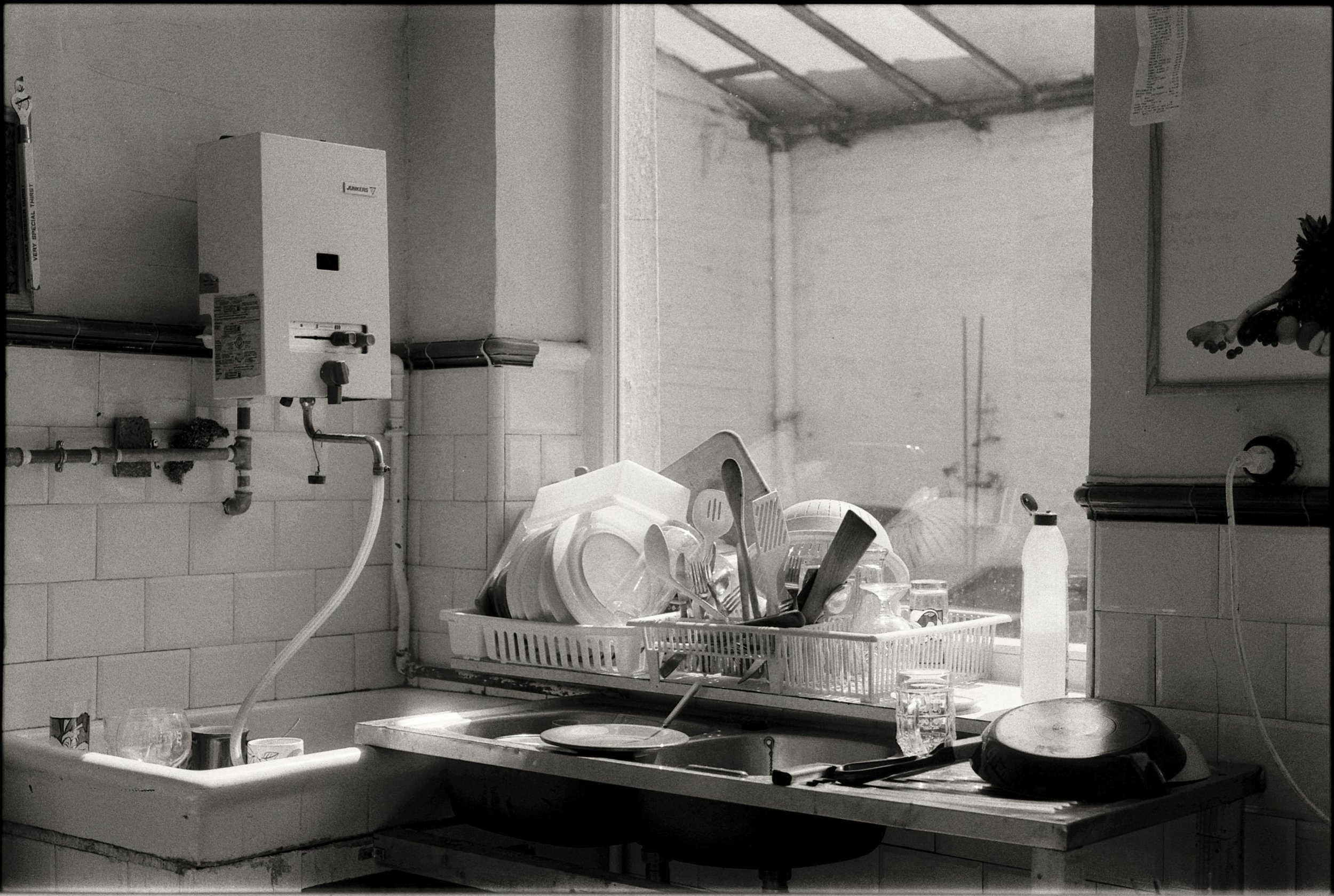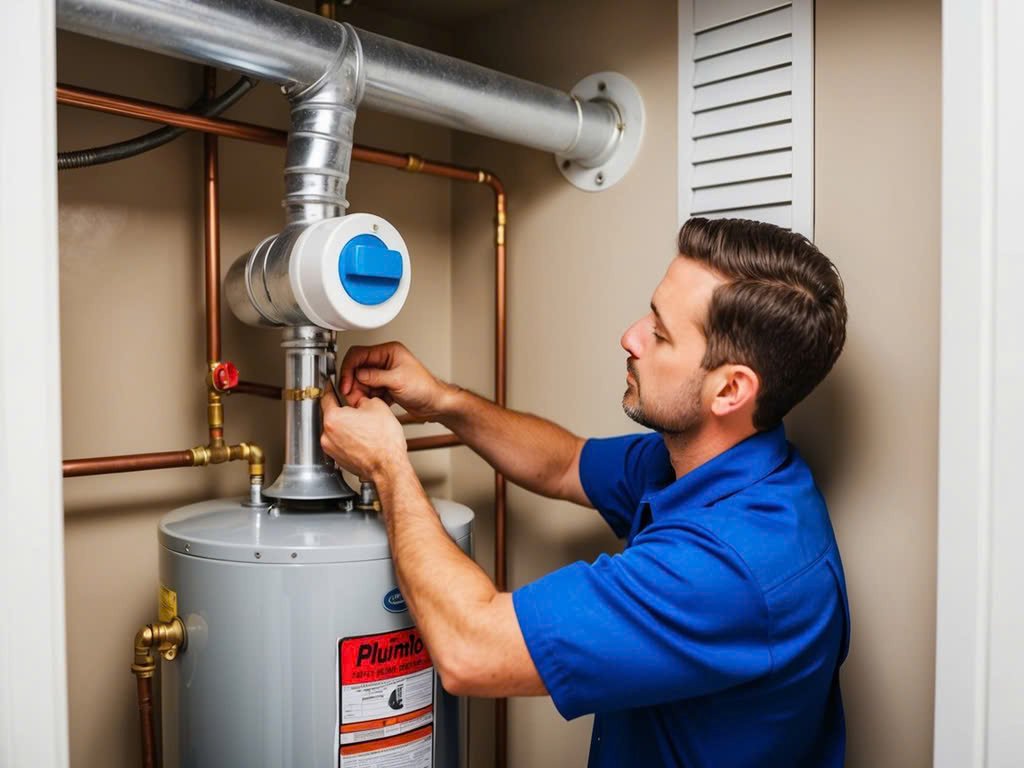Key Indicators: Your Hot Water System Requires Replacement
Learn the key indicators that signal your hot water system needs replacement, helping you avoid costly repairs and ensure consistent hot water in your home.
A functional hot water system is crucial for daily comfort and convenience. These systems provide hot water for showers, cleaning, and other household tasks, significantly impacting the quality of life. However, like any appliance, hot water systems can experience wear and tear over time, leading to various issues. A malfunctioning or failing hot water system can cause significant discomfort inconvenience, and even pose safety risks. This article aims to help readers identify key indicators that suggest it's time to replace their hot water system.
Reduced Water Temperature
One of the most apparent signs of a failing hot water system is reduced water temperature. If your water isn't reaching its usual warm or hot temperature, this can be a cause for concern. Several factors can contribute to this issue, such as aging components or sediment buildup inside the tank. Over time, sediment, which typically consists of minerals like calcium and magnesium, can accumulate at the bottom of the tank. This buildup acts as an insulator, making it harder for the heating element to warm the water efficiently. As a result, the system becomes less efficient, leading to increased energy consumption and higher utility bills.
To confirm the issue, there are a few initial troubleshooting steps you can take. First, check the thermostat setting on your hot water system to ensure it's set to the desired temperature. Next, assess whether the problem is consistent throughout your household, affecting all faucets and showers, rather than being isolated to a specific area. If you find that the water temperature remains consistently low despite these checks, it may be indicative of a more significant underlying issue that requires professional evaluation.
Unusual Noises from the System
Another telltale sign of a deteriorating hot water system is the emergence of unusual noises. Common sounds to listen for include banging, popping, and hissing. These noises can be indicative of various issues within the system. For instance, a banging sound often results from sediment buildup, which causes the heating element to overheat and create steam bubbles. Popping noises can also point to a similar problem, where pockets of steam are trapped beneath the sediment layer and released explosively. Hissing sounds may indicate a leak or pressure issue within the system.
Continuous noise, especially when it's loud or persistent, can signify more serious problems that should not be ignored. While occasional sounds may be normal, ongoing unusual noises warrant a closer inspection. It's essential to call in a professional to diagnose and address the issue promptly. Ignoring these sounds could lead to further system damage and more costly repairs down the road.
Frequent Repairs
If you find yourself frequently calling a technician for hot water system repairs, it might be time to consider a replacement. Common repair issues include broken heating elements, leaky valves, or faulty thermostats. While occasional repairs are expected, the frequency and cost of these repairs can quickly add up. Comparing the cumulative cost of frequent repairs to the price of a new system often reveals that replacement is the more economical option in the long run.
Moreover, constant repairs can be inconvenient and disruptive to daily routines. Downtime from a malfunctioning hot water system means potential cold showers, unwashed dishes, and other inconveniences. Consulting with a professional can help assess the overall health of your system, determining whether continued repairs are feasible or if a new installation is the wiser investment.
Discoloration of Water
Discoloured water is a concerning sign that something is wrong with your hot water system. If you notice rusty or cloudy water coming from your taps, it could indicate corrosion or tank deterioration. Rusty water is a clear indication of a corroded tank or pipes, suggesting that the inner lining has deteriorated, exposing the metal to water and leading to rust formation.
Cloudy water might also point to sediment buildup, causing impurities to mix with the water supply. Discoloured water not only looks unappealing but can also pose health and safety risks. Consuming or using such water for cooking and bathing can be problematic, potentially leading to health issues.
When faced with discoloured water, it is crucial to address the problem promptly. Flushing the tank might temporarily resolve sediment-related issues, but ongoing discoloration usually indicates the need for a replacement. Consulting with a professional can provide clarity on whether replacement is necessary based on the severity and frequency of the discoloration.
Age of the Hot Water System
The expected lifespan of your hot water system varies depending on the type and model. Typically, traditional tank-based hot water systems last around 10-15 years, while tankless systems can last up to 20 years with proper maintenance. As systems age, their efficiency decreases, and they become more prone to issues like leaks, reduced heating capability, and component failures.
Older models, especially those approaching or exceeding their lifespan, are often less energy-efficient compared to newer ones. Technology advancements in recent years have led to the development of hot water systems that use less energy, provide more consistent heating, and have longer lifespans. If your system is nearing the end of its expected life, evaluating its current performance in conjunction with other indicators can help determine if replacement is the best option.
By considering the age of your hot water system alongside factors like reduced water temperature, unusual noises, frequent repairs, and discoloured water, you can make a more informed decision about whether it's time for an upgrade. Newer models offer improved technology and energy efficiency, making them a sound investment for the future.
Conclusion
In conclusion, several key indicators can signal it's time to replace your hot water system. Reduced water temperature, unusual noises, frequent repairs, discoloured water, and the system's age are all significant factors to consider. Replacing your hot water system in a timely manner can ensure continued comfort, efficiency, and safety within your household. Regular maintenance of any new system can extend its lifespan, providing better performance and value.
When these indicators suggest that replacement is necessary, consulting a professional can provide expert guidance tailored to your specific situation. Taking action to address these signs early on can prevent further inconvenience and potential safety risks, ensuring your home remains a comfortable and efficient environment.






